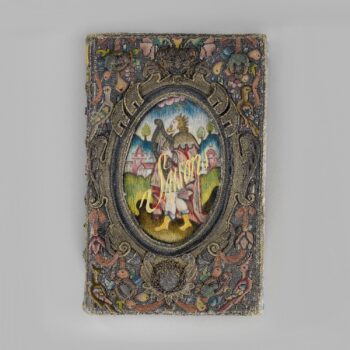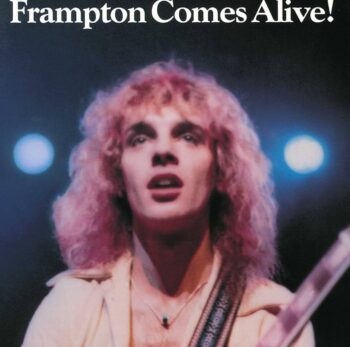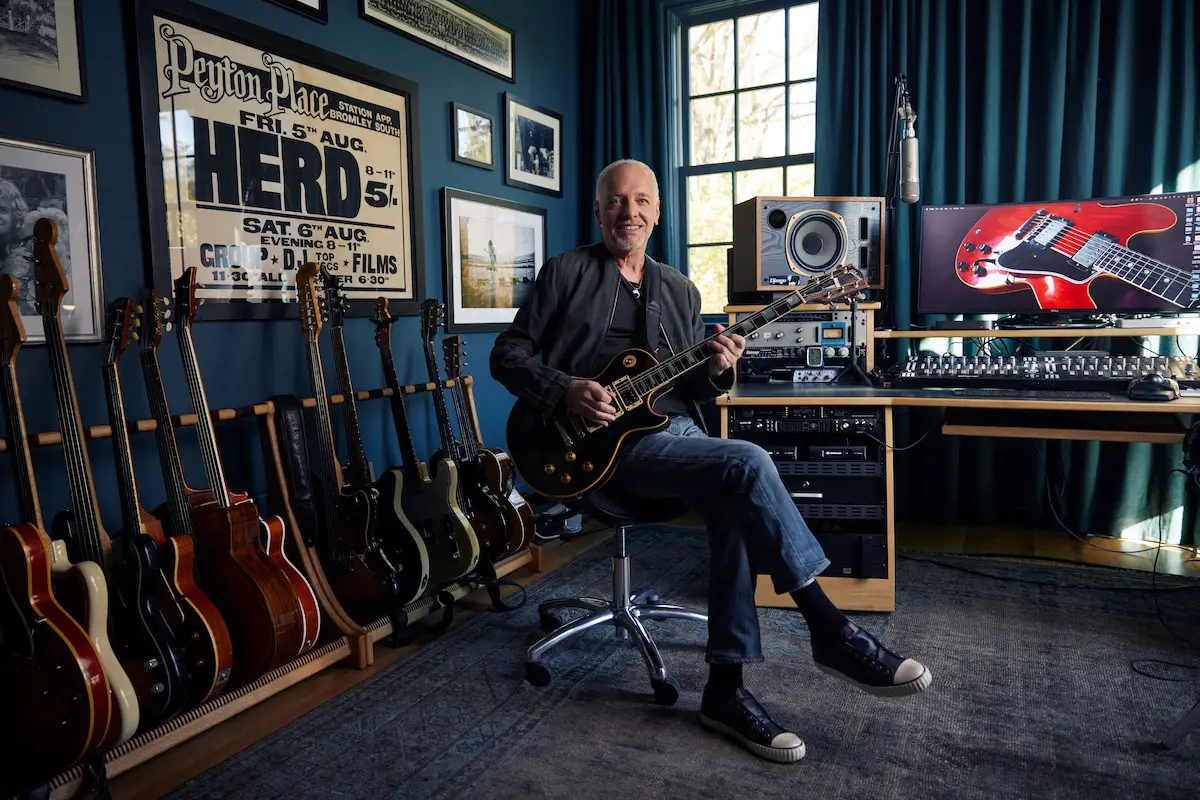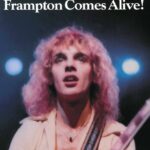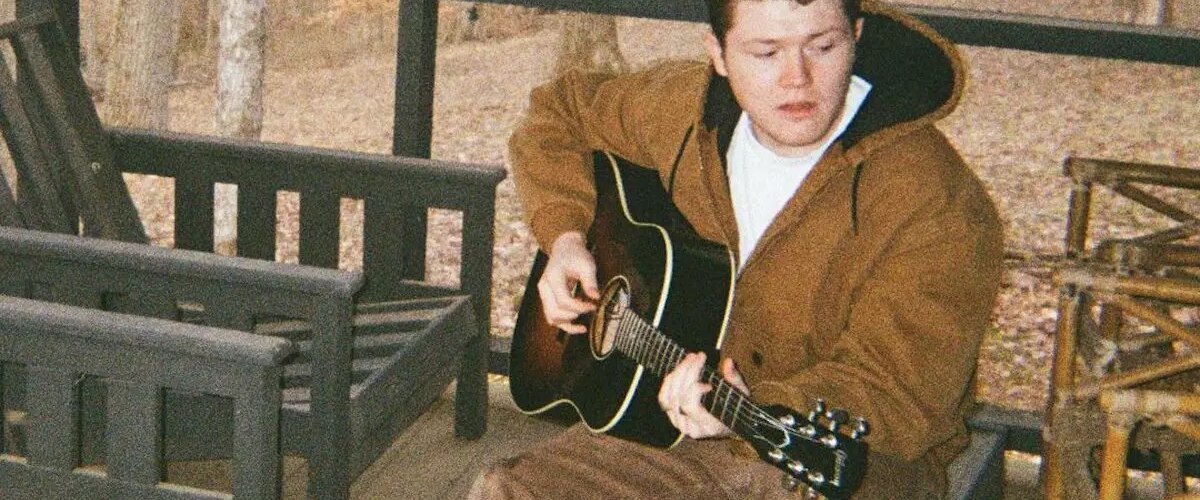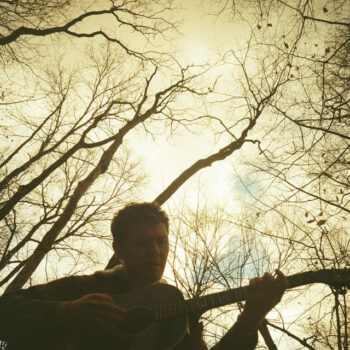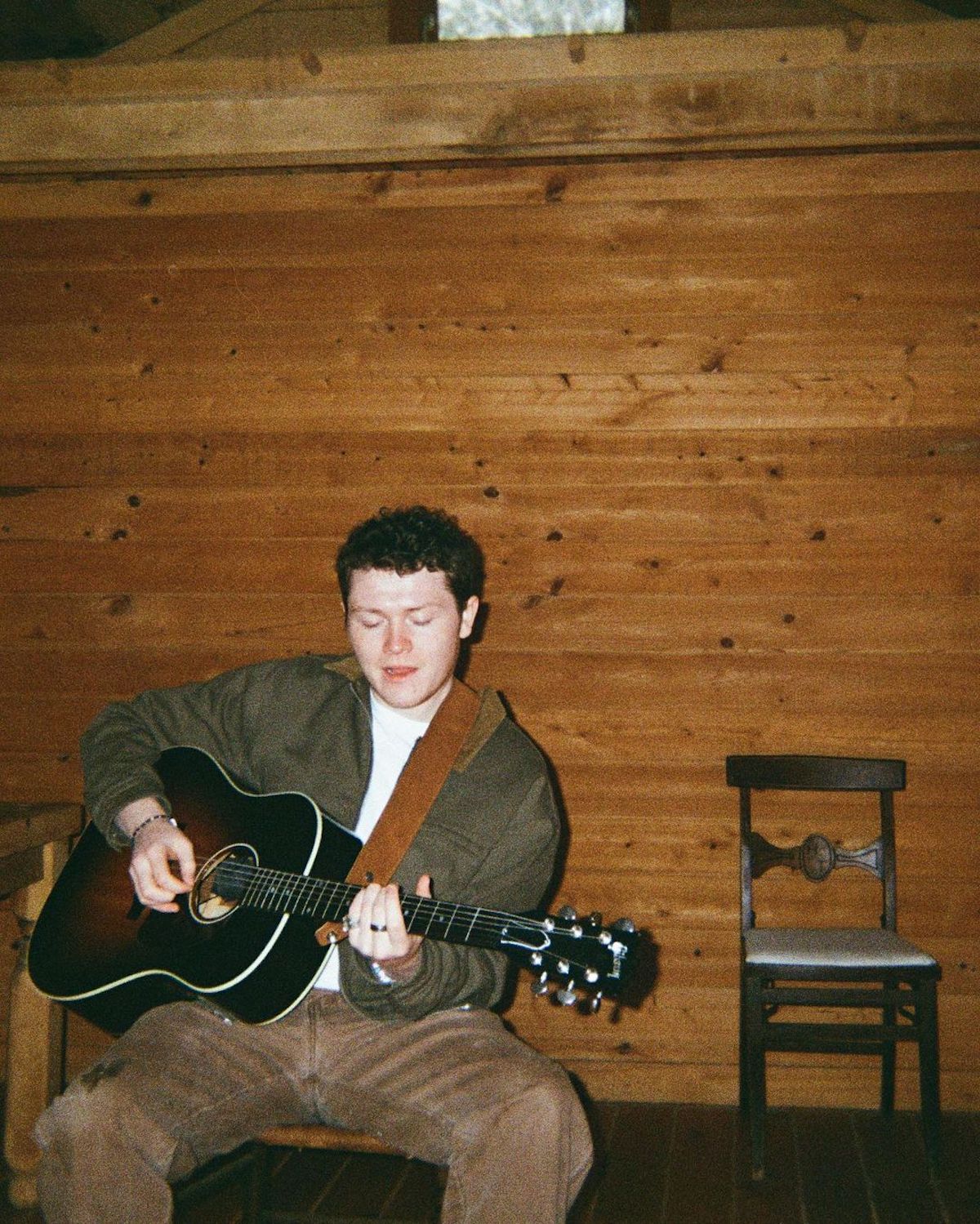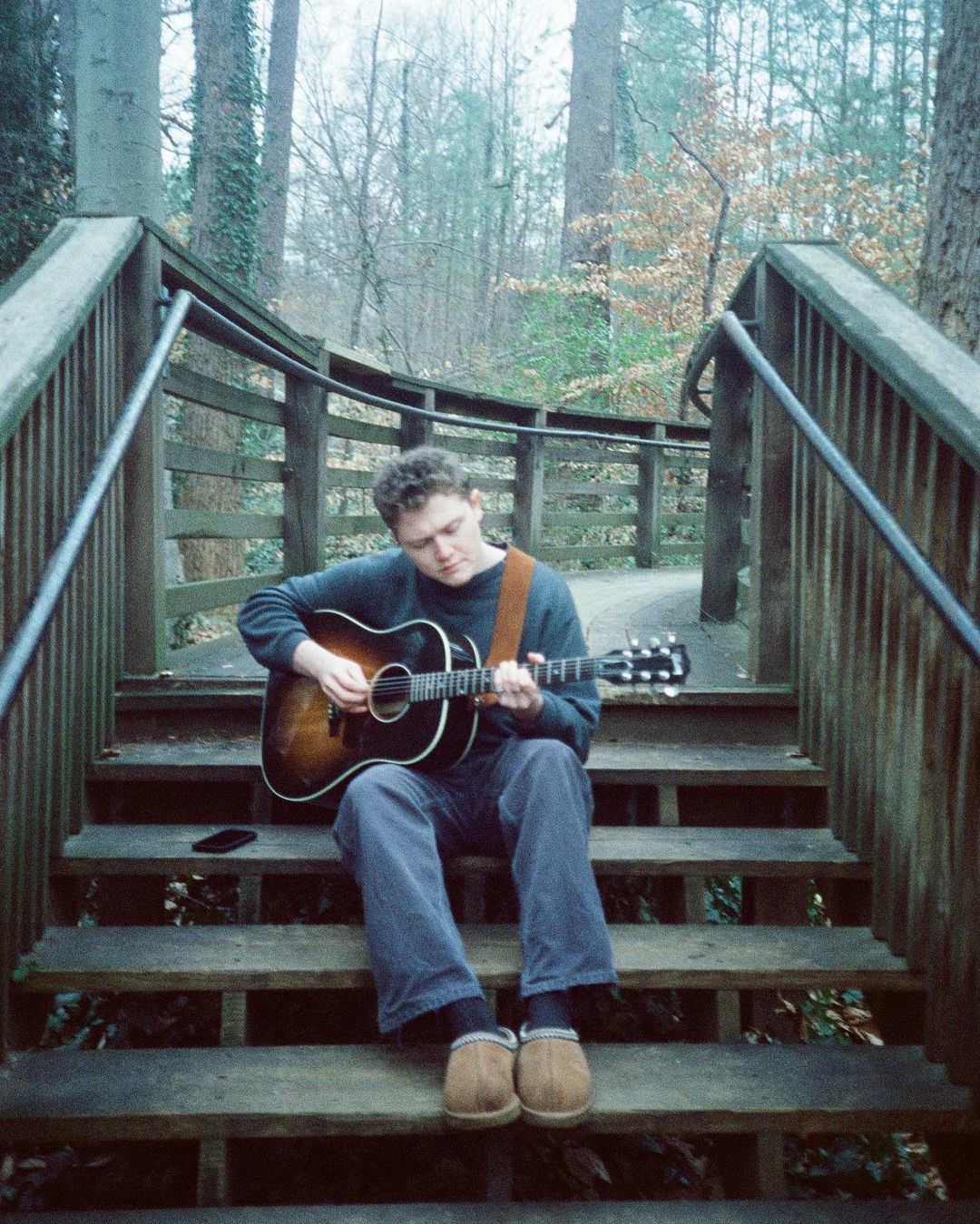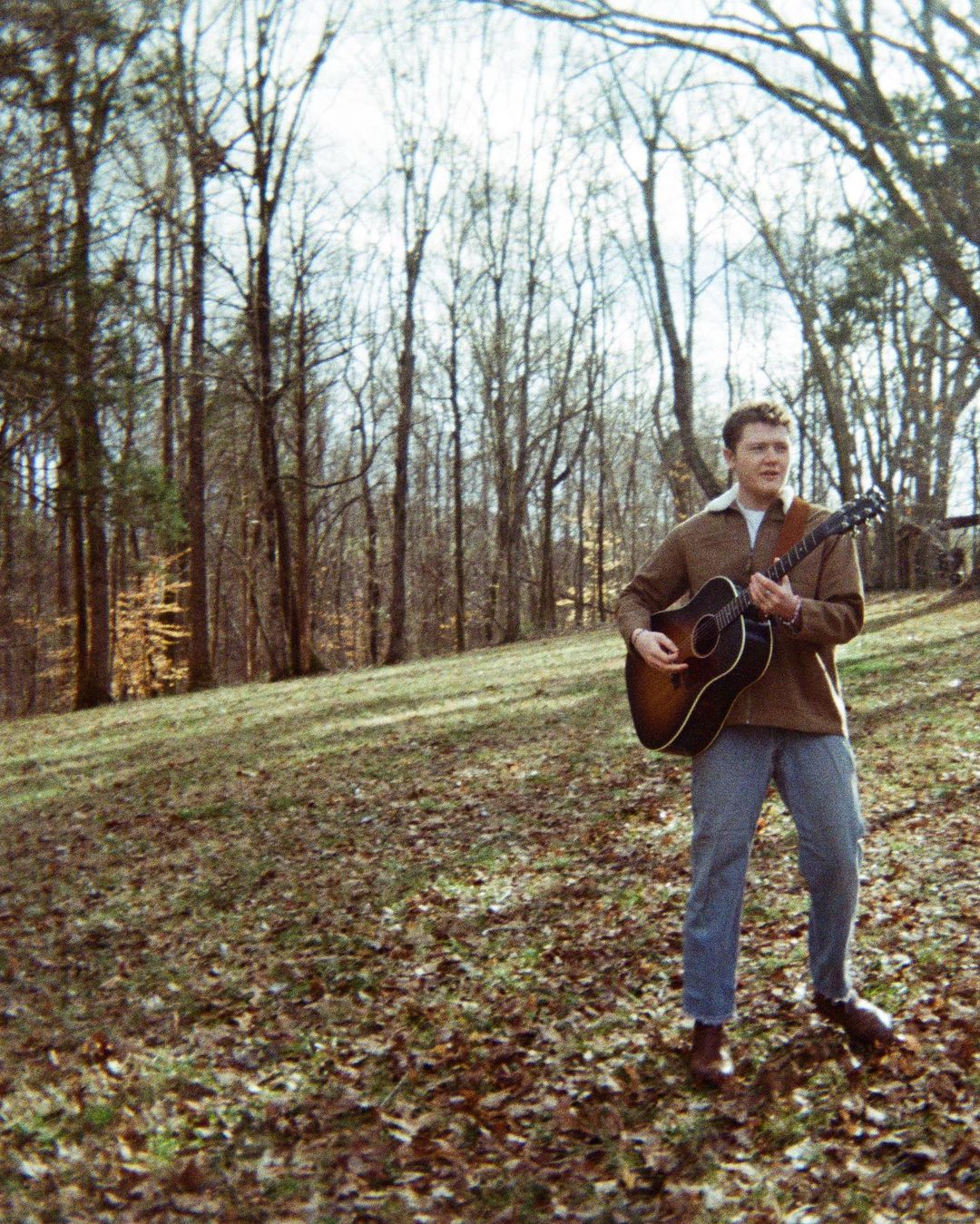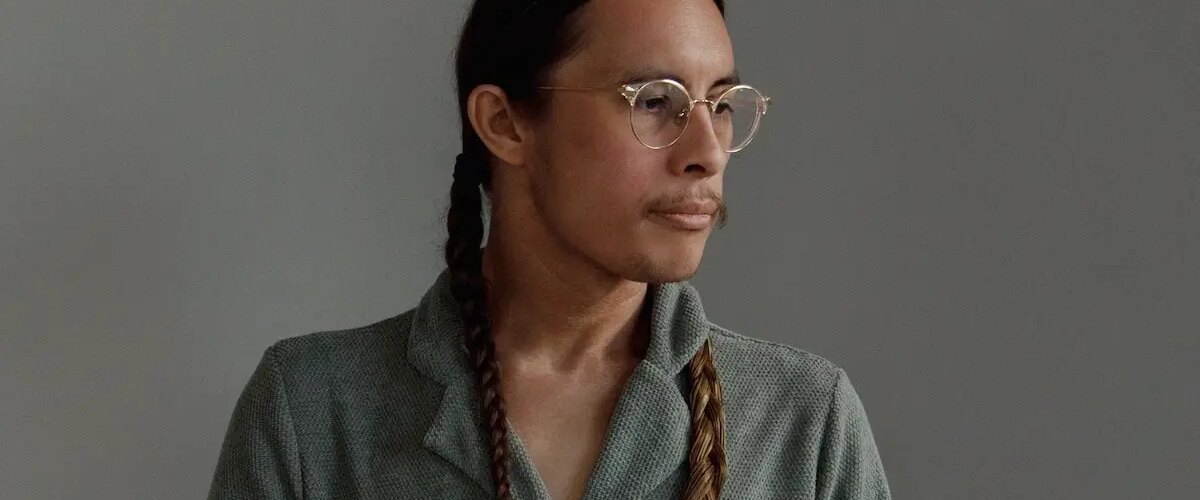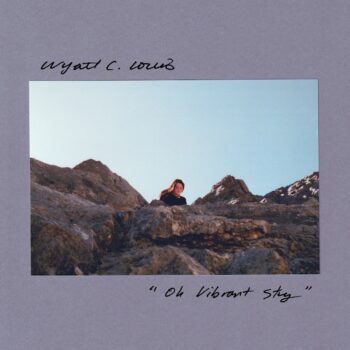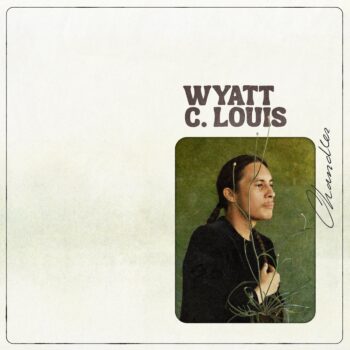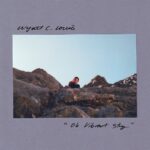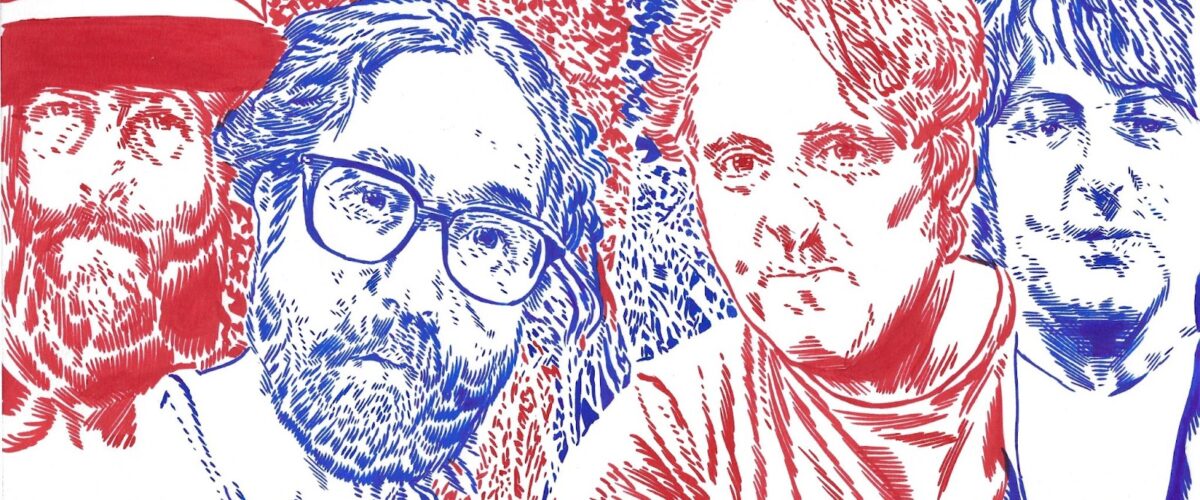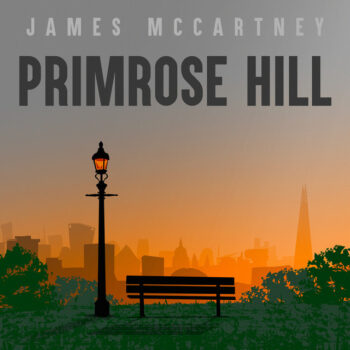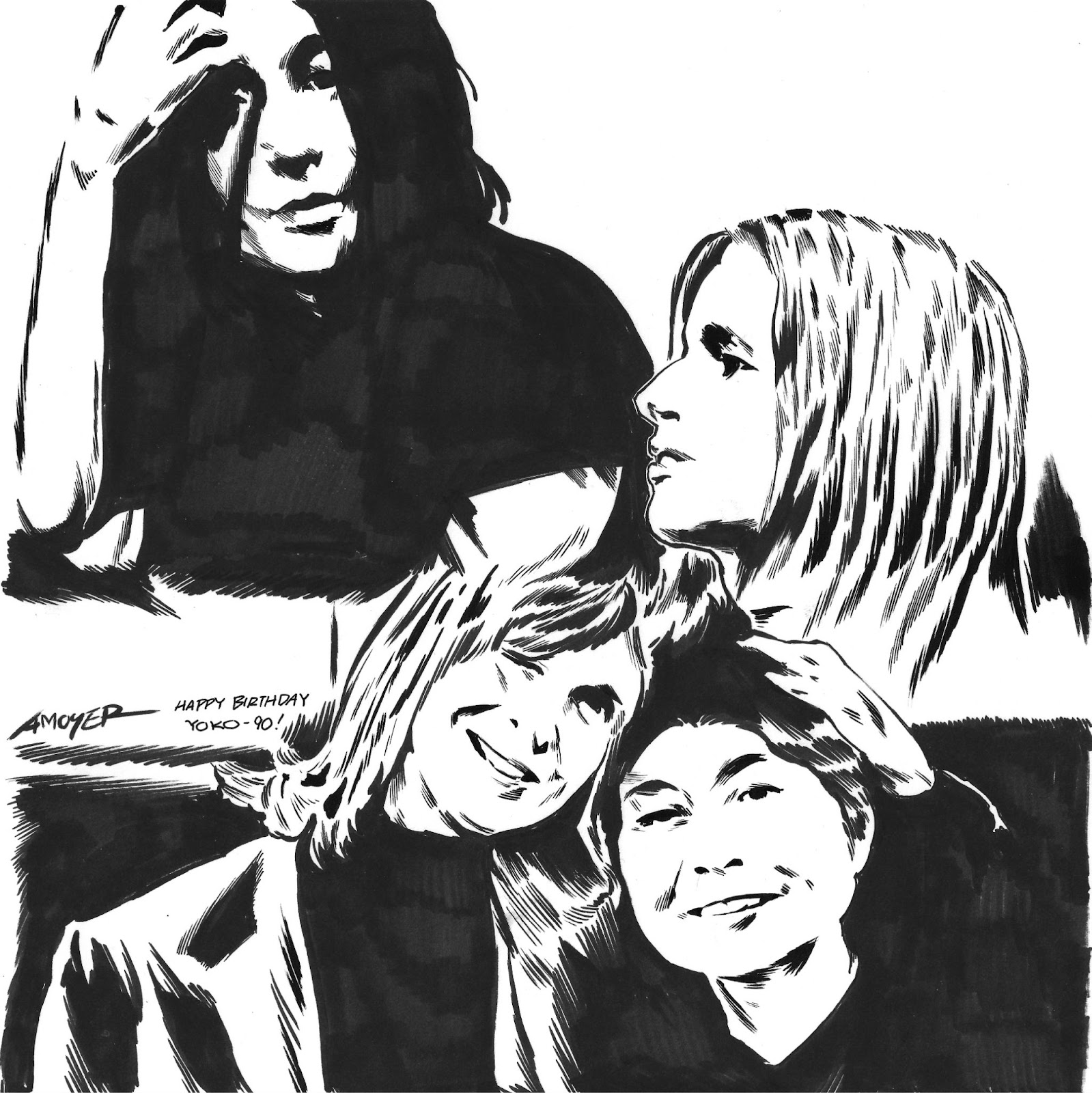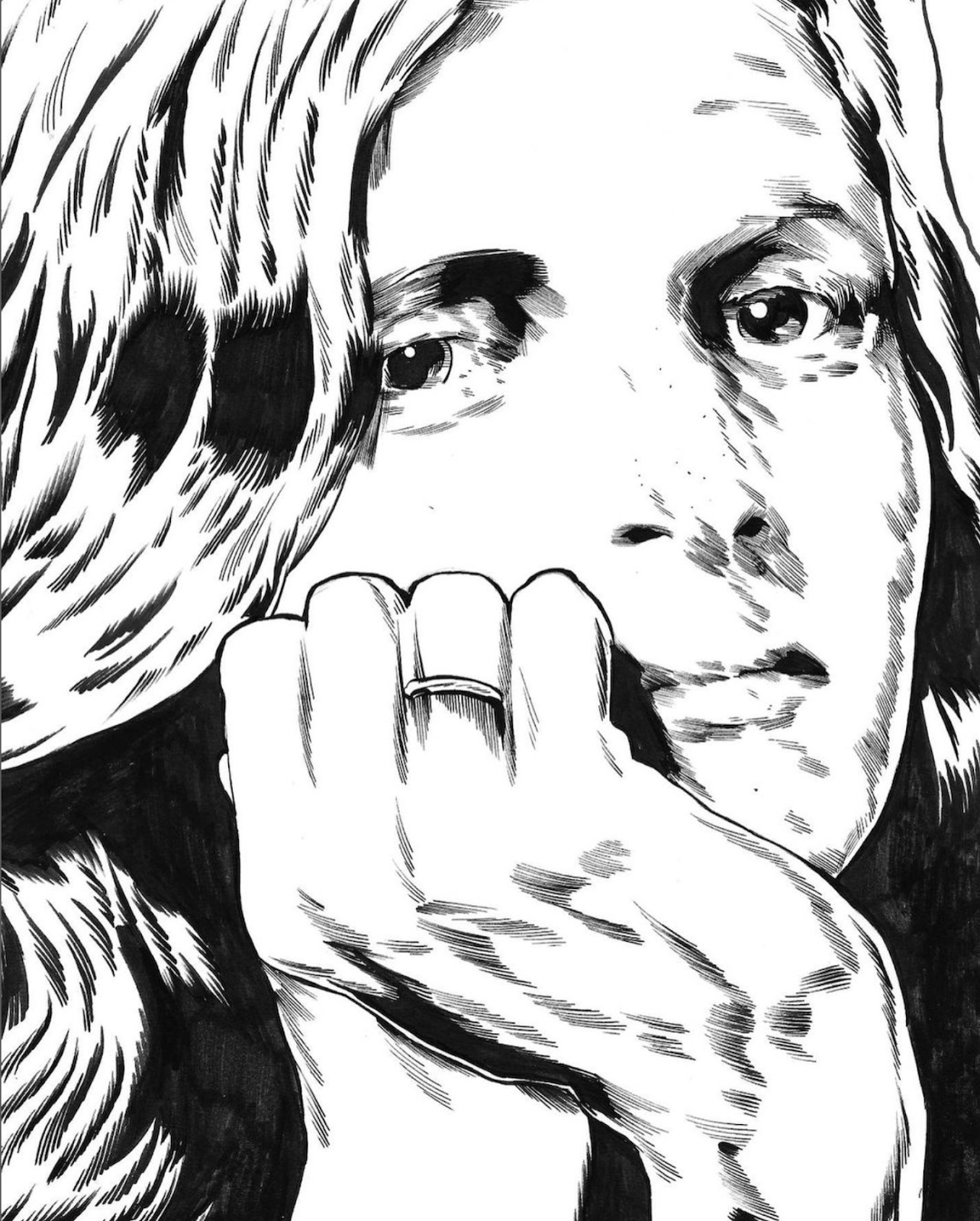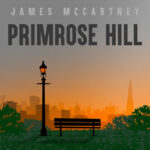Oneohtrix Point Never live in Portland was an experience to remember, even if he left me still trying to understand it.
“On an Axis” – Oneohtrix Point Never
Daniel Lopatin has been busy as of late.
The man behind Oneohtrix Point Never spent some time outside of his primary project to direct SuperBowl halftime performances, soundtrack Vogue fashion shows, score Showtime’s The Curse and produce albums for Soccer Mommy and the Weeknd. Now, he’s been supporting his latest record, Again, across the world — Asia, Europe and America, that is.

To say the time between 2021’s Magic Oneohtrix Point Never and today’s Again (releasex September 29, 2023) has proceeded like a glacier, to speak nothing of his last show in Portland (a literal decade ago) would be understating it. Passing up the opportunity to see him live at the Wonder Ballroom would have been a gut-punch.
And yet the moment Arushi Jain arrived on the stage to open, I realized that I might prefer her music to Lopatin’s.

Jain’s music is best described as an ambient cousin to similar motifs found in Four Tet’s Morning/Evening, utilizing Hindustani vocals and raga modes prevalent in North Indian devotionals.
However, she departs from Four Tet’s use of clear vocal samples of Lata Mangeshkar and uses her own voice as textural layer that adds to the harmonic structur. For her latest record, Delight, Jain also honed in on the Raga Bageshri, a mode used to stir longing for a partner.
Onstage, Jain unfolded her work from the ripples of those North Indian ragas, uncorked it from the bottled sounds of exoplanetary oceans. Layers upon layers that, once poured over the table of gathered heads, could not be scooped from ears and replaced into the synthesizer. Her music scored a film that required no language and betrayed but one intermission.
She stopped only once, said “thank you,” and then continued on her task. When she stopped again, it was another thank you and then a return to the green room. The crowd whooped plaudits as she did so, enough to wonder if she did would come out with a second helping for a newfound, ever-longing audience.


Contrast that with Lopatin. His latest, Again, is trademarkedly obtuse.
Violin sections emerge from cacophony and recede into silence. Melodies are coaxed, not given. Synthesizers squeal to static, then modulate and lurk under the surface before squealing again. Guitars samples are stretched to the extreme limits of a Tron soundtrack. The album opens up with the gentle “Krumville” only to clam back shut with “Plastic Antique.”
Most albums can be enjoyed and understood in the process of doing something; chores, driving, etc. Not Again. This is an album that will befuddle listeners trying to revisit skipped sounds and missed scenes in “Locrian Midwest” or “Nightmare Paint.”
Oh you missed the volatile devolution of violins into delayed dissonance on “Gray Subviolet?” Sorry, try again next time when you’re not using Again to assuage your daily existence.
This not so much sass as it is a stern reminder. Lopatin describes Again as a “speculative autobiography;” an attempt by his older self to collaborate with his younger self. Thus his music, as usual, sets boundaries, and expects them to respected. It’s a challenge, not just to a listener, but to himself. Always the puzzle box, this guy.

Oneohtrix Point Never resides in that category of artist that ought to be enjoyed on the basis of music tastes; on the basis of Four Tet, Kelly Lee Owens, Burial, Actress, Tourist, Rival Consoles and Floating Points; on the basis that he is that rare breed of musician who can take every sound he hears and compact it into an aural collage of human experience. Y’know, actually experimental.
(Dare I say avant-garde.)
He ought to be enjoyed on that ambitious basis, the kind that reveres Marc Chagall or esteems Nathalie Sarraute. But much like DJ Koze, or Mount Kimbie, or King Krule, it’s a personal struggle to do so.
To be sure, Lopatin’s show had its highlights. The stage was designed with two tables in an L-formation. On the central table was Lopatin’s workstation. Placed in front was a crystalline lamp that reacted to music with strobe and chromatic effects to dramatic effect as the lights went black to start the show with “World Outside/Inside World.”

On the second table crafting the L-shape stood Freeka Tet, creative director for the tour and the man behind the music video for “Barely Lit Path.” Tet had constructed a miniature stage complete with animatronic minifigures. One consisted of Lopatin curating “Zones Without People,” another a gremlin disc jockey closing for “Chrome Country,” a third a live rendition of the business troll from “We’ll Take It” and the fourth a pair of mannequin hands shredding a microguitar on “Memories of Music.”
Tet filmed every occurrence, placing Lopatin in the background as the digital animation work of Nate Boyce spliced each frame. Images of Tinkerbell glitching across the screen, Peach and Toad stuttering, Mickey Mouse learning piano and then mutating and dissolving like acid had been dropped over the reel-to-reel film filtered on screen.
A mosaic of Tom Cruise in his ’80s prime accompanied “Memories of Music,” while the music video for “Animals” placed Val Kilmer front and center to carry the encore.

Was it enjoyable?
I really tried to enjoy it. I really did. But there’s something about these sounds. Something so industrial, so enveloping, so paroxysmal, so spasmodic and convulsive in their collection that stops me from clapping my hands together after every cut and conclusion. I often found myself alone, unable to savour the music as much as the applause surrounding me.
Did he deliver to his fans?
Yes, undoubtedly. I watched, amused as one brought their show-bought copy of Again to the front, displayed it with every selection off the album, relishing the chance for Lopatin to see it. Perhaps sign it. Lopatin did not, but such occurrence is a rarity and the man left pleased anyhow.
Did he challenge sensibilities?
Certainly. In the days since, the skeptic has dissolved into nothing but Oneohtrix Point Never, more determined than ever to wash in the sensibilities that make the project so unique.
I don’t want to just endure his music. I want to understand it. I want to relish it. For now, it seems all I could do was observe it.
— —
:: connect with Oneohtrix Point Never here ::
— — — —

Connect to Oneohtrix Point Never on
Facebook, Twitter, Instagram
Discover new music on Atwood Magazine
© Joseph Buscarello
:: Stream Oneohtrix Point Never ::



